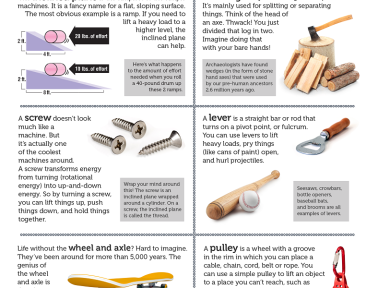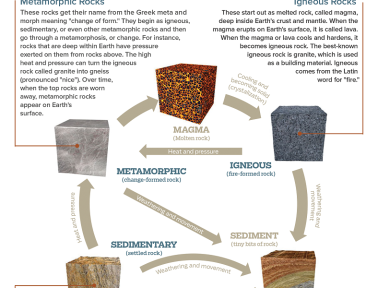Among my more popular blog posts is the one entitled Praise Junkies Be Careful. It talks about study which contradicts the self-confidence motion of the 80s as well as 90s. At that time, we assumed that if we heaped praise on kids and also informed them exactly how fantastic they are, they would certainly be fantastic.
I keep in mind as a kid at that time, sitting through a routine program in our institution where we tinted, sang, and discussed just how incredible we all were. Even as a 7 year-old (a rather precocious seven year-old, yet a seven year-old however) I believed it was a bit cheesey. And that’s the first trouble with indiscriminate appreciation.Our youngsters see right through it. They recognize you don’t mean it.
Perhaps much more notably, present research study reveals that this sort of “fixed frame of mind” appreciation (as it’s described in Mind in the Making) in fact backfires. When kids start to think that their worth hinge on qualities that they can not control (points they simply “are”– “You are so clever!” “You are so efficient this!”) they tend to avoid difficulties, worried of making mistakes and also losing their tags. Yet when they get “growth way of thinking” praise (” You’re functioning really hard at this!” “I can tell you have actually been exercising!”) they are a lot more happy to do the job that they’re being praised for. They’ll take the threat, strive, and method, since they see their worth as coming from their initiative, not their taken care of label.
This info is very vital and valuable as we try to be conscious regarding the means we talk with our children. Yet similar to anything else, there’s threat in getting way too much of a “advantage”.
Every now and then I’ll have a moms and dad or instructor ask me if it’s OK to state points like, “I take pride in you”, “You’re so clever”, “You look so rather”. Or I’ll hear a person stumble with an uncomfortable praise because they’re trying to choose exactly the “appropriate” words. I understand what they’re accessing. They do not wish to use tags in praise or put focus on the taken care of frame of mind. Yet at the exact same time, the suggestion of a moms and dad or teacher withholding kind words makes me wince a little bit also.
So below’s what it comes down to. Study is only like the sense you utilize to use it.Based upon the research, we know we need to emphasize the development way of thinking when applauding kids. We require to be authentic as well as specific and also prevent judgment and also labels (discover even more ideas on efficient praise right here). The majority of our appreciation needs to drop in the category of growth frame of mind.
But now and afterwards, it is completely appropriate to tell our kids they are clever, they are gorgeous, and also they are fantastic. Due to the fact that they are.And due to the fact that there was some reality because reflecting in the 80s as well as 90s that questioned how our children will ever believe they’re wonderful if we never inform them.
I have a good friend, who informed me her moms and dads had never ever claimed she was quite. I make certain they thought she was, yet they were attempting to avoid putting excessive focus on her physical look. The trouble was, she claimed she never ever truly thought she was pretty. Not as a kid, not as a teen, and also honestly, not even as the beautiful grown-up standing before me. Potentially extra troublesome, she claimed that the very first time a child ever informed her she was lovely, you might have knocked her over with a feather. That’s a dangerous circumstance, one that might lead to control and an undesirable power balance.
Mandi Ehman addresses this completely in her post, Why I Tell My Little Girls They’re Lovely Frequently. She nails it when she claims, “On the other hand, if they currently hear– as well as think– that individuals that truly enjoy and also support them assume they’re gorgeous, after that they will be much less taken in by pretty words as well as promises. They’ll have confidence and not have to search for it in various other areas.“
Also Ellen Galinsky, the fantastic scientist and also writer behind Mind in the Making remedies the misapplication of the literary works on praise in a meeting with Katie Couric (which you can watch here along with one more conversation regarding praise here). After Ellen clarifies the research, Katie Couric asks,”So are you saying that you shouldn’t claim, “Wow you’re actually smart”?” To which Ellen replies, “Well from time to time, naturally.” After that both go on to clear up, stating the significance that the bulk of the appreciation we provide ought to be centered in initiative as well as job, points the youngsters can control and enhance.
We have to be careful regarding riding the pendulum of research to the extremes.We started with research study a couple of years ago that said children react to applaud, so we offered it indiscriminately. Now we understand that the type of praise we offer is also essential, so we gauge every word and also try to get it “ideal”. It’s remarkable that we’re much more conscious as well as thoughtful, but we can’t allow our over-thinking get in the way of a real emotional connection. One where we are sincere as well as honest. Where we inform our children, now and then and right in addition to all that growth attitude appreciation, ” you are a smart child”, and ” you are so stunning”.
Due to the fact that they are. And also they do need to hear it from us.










